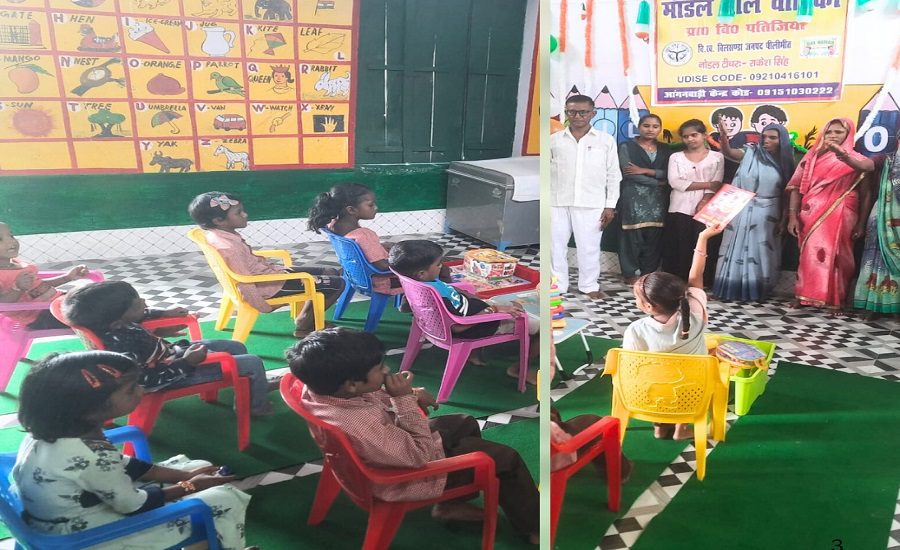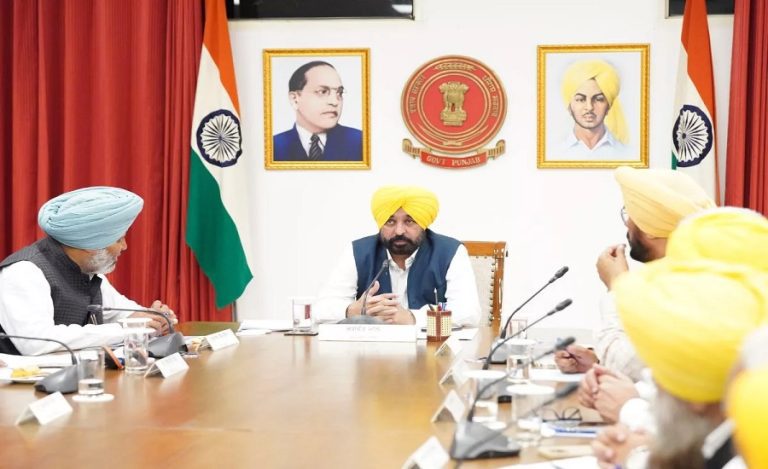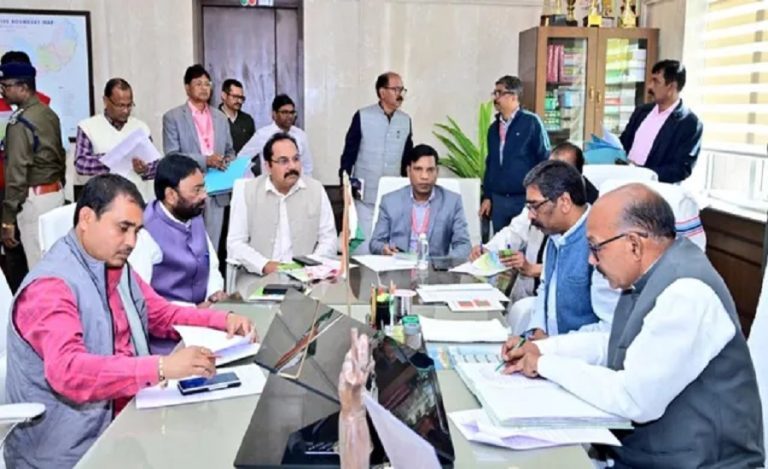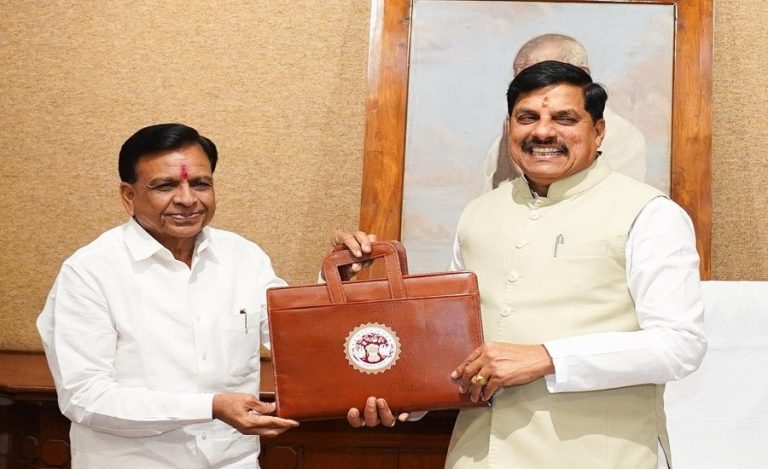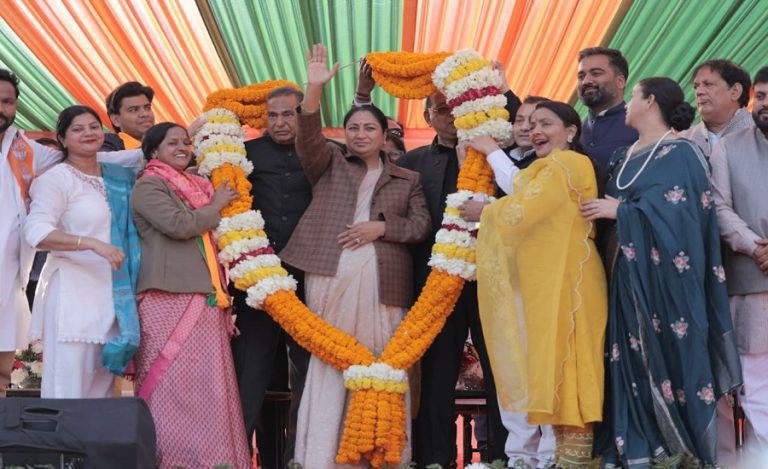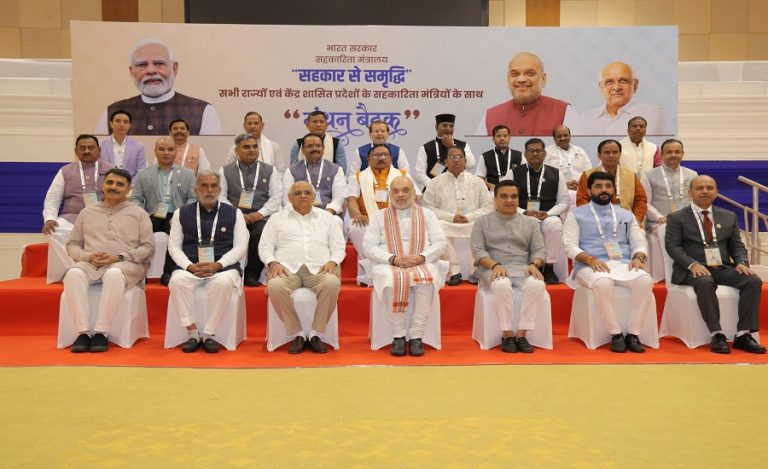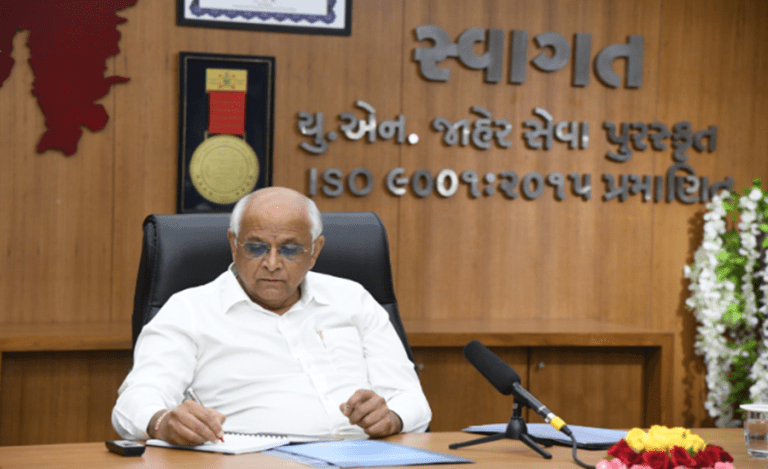In the lush Tarai region of Uttar Pradesh, amidst the rolling fields and dense forests of Pilibhit district, an unassuming but profound transformation is quietly underway. For decades, thousands of children attending government primary schools here had no desks or chairs. They sat on the cold, hard ground in dilapidated classrooms – or even outside under trees – to attend their lessons. This harsh reality was not only a barrier to learning but a reflection of the deep neglect of primary education infrastructure.
That was until 2014 batch IAS officer of UP cadre, Mr Gyanendra Singh took charge as the District Magistrate (DM) of Pilibhit. His frequent visits to schools and a determined intervention ignited a movement that has changed the educational environment for over 90,000 children across the district.
Indian Masterminds interacted with Mr Singh to learn more about his initiatives, how he implemented his ideas, and the impact they have had so far.
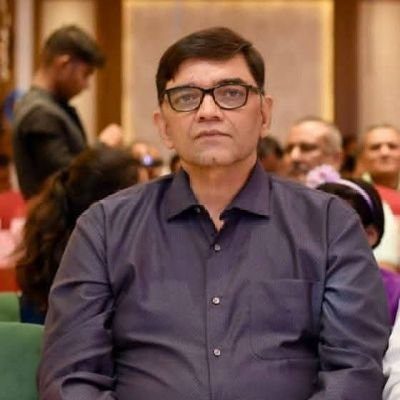
The Spark: DM’s Visit Reveals a Stark Absence of Basic Furniture
During a crucial task force meeting, Mr Singh confronted Basic Shiksha Adhikari (BSA) Amit Kumar Singh about the glaring lack of furniture in classrooms. “When I came to know about this here… I went to check in two-three schools. Two children were sitting on the ground. So I asked them that why are the children sitting on the ground?” Mr Singh recalls. “Then I came to know that furniture was not available, nothing had come.”
Despite repeated requests, the lack of government funding had stalled any progress. Recognizing the urgency, the DM did not wait for the usual bureaucratic delays. Instead, he immediately directed the local administration to tap into village panchayat development funds to start procuring furniture for schools.
Mobilizing the Community: A Collective Effort for Children’s Education
DM Mr Singh said, “We talked to all the village heads and started with CSR funds. Under the School Chalao Abhiyan, we took a pledge.” The pledge was clear – every child deserved to sit comfortably while learning.
A comprehensive survey identified 903 schools without any furniture. The DM then coordinated with village heads, deploying officers from various departments – BSA, ABSA, DPRO, and CDO – to ensure the initiative reached every corner of the district. “Our village head has a basic responsibility,” Mr Singh states firmly. “The first duty of the village head is to make the school of his village beautiful.”
Despite hurdles such as flooding and delays in furniture production, the administration pushed forward. By the time of Deepawali, nearly all schools in Pilibhit were expected to be fully furnished.
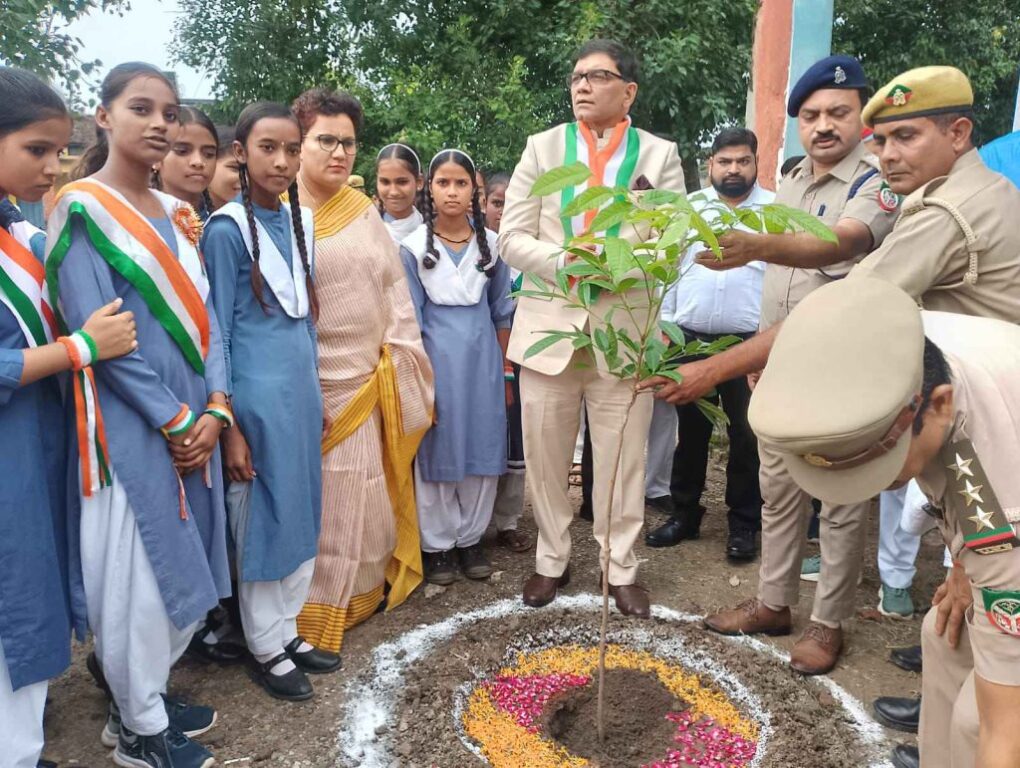
Why Did It Take So Long? Understanding the Priorities
When asked why this issue was overlooked, Mr Singh said, “Every officer has different priorities, and many things go unnoticed.” Despite existing village groups for youth and education, lack of focus and coordination led to neglect. “Once we prioritized these areas, real change began.”
Beyond Furniture: Building a Culture of Responsibility and Cleanliness
DM Singh’s vision extended beyond just providing furniture. “There are so many things that we don’t pay attention to,” he admits. One such aspect was the village youth and women’s groups, the Yuvak Mangal Dal and Mahila Mangal Dal, which had been neglected despite their potential to drive community engagement and youth development.
“The District Youth Welfare Officer’s job is to motivate young boys for sports, army recruitment, and village welfare,” explains Mr Singh. Strengthening these groups became the next step to build a cohesive community supporting education and development.
Another key initiative was the revival of the Gram Sachivalaya – mini secretariats in each Gram Panchayat designed to be a one-stop center for village administration. Here, officials from health, police, and other departments meet weekly to address local issues. “No attention was paid to it earlier… now it is being started in all Gram Panchayats,” says Mr Singh. This effort aims to decentralize governance and improve service delivery at the grassroots.
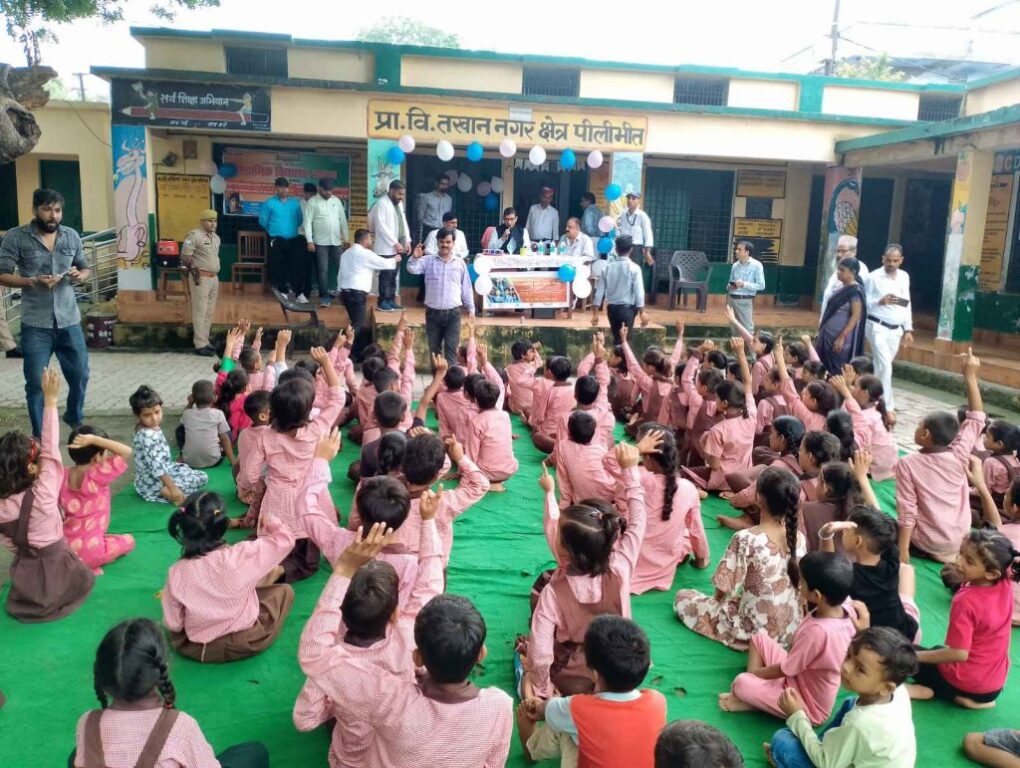
A Holistic Approach: Clean Schools, Better Meals, and A Sense of Pride
Mr Singh also tackled the issue of school cleanliness, an often-overlooked but vital part of creating a conducive learning environment. “There was no culture that who will clean the school? Cleaning staff would say this is not my job,” he points out. Under his directive, village cleaning staff were mandated to prioritize school cleanliness, especially toilets.
Mid-day meal quality, another crucial factor affecting children’s health and attendance, also received attention. “When mid-day meals are prepared, that is a very important thing for the children, the food that is prepared,” Mr Singh said. Efforts were made to identify and fix shortcomings in meal preparation and delivery.
Furthermore, schools were given composite grants to beautify classrooms with paintings and decorations, fostering a more welcoming and stimulating environment. Anganwadis, where the youngest children gather, were also upgraded to ensure even early childhood education spaces were improved.
The Officer Behind the Change: A Visionary Leader with a Mission
IAS Singh’s dedication is clear in every step of the reform. “They are My children – I will not tolerate that they sit on the ground,” he says passionately. “This is just the start. There are many other things.”
He stresses the role of the village head in this transformation: “If the children of your village are sitting on the ground, then what are you a Pradhan for? Such a big word is attached to you, Pradhan!”
His pragmatic yet empathetic leadership has overcome bureaucratic inertia by harnessing community resources and deploying focused administrative energy to deliver results on the ground.
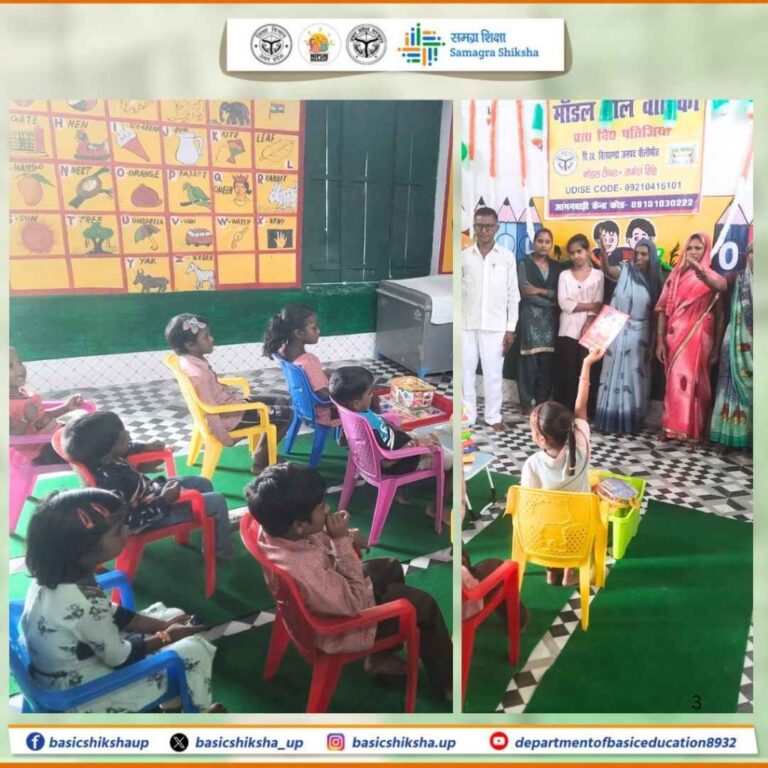
Impact and the Road Ahead
Thanks to this initiative, 925 primary schools have already received desks and chairs, with the remaining expected to be completed soon. The cost of furniture per school is approximately Rs 1 lakh, sourced creatively through village development funds.
Pilibhit district now proudly educates over 95,000 students in government primary schools and over 66,000 in upper primary schools under improved conditions. This initiative not only enhances comfort but symbolizes renewed respect for children’s right to quality education.
In the words of DM Gyanendra Singh – “We have taken a pledge that every child will sit, learn, and dream. Education is not just a government duty – it is a shared responsibility of every villager, every leader. Together, we can build a future where no child is left behind.”
